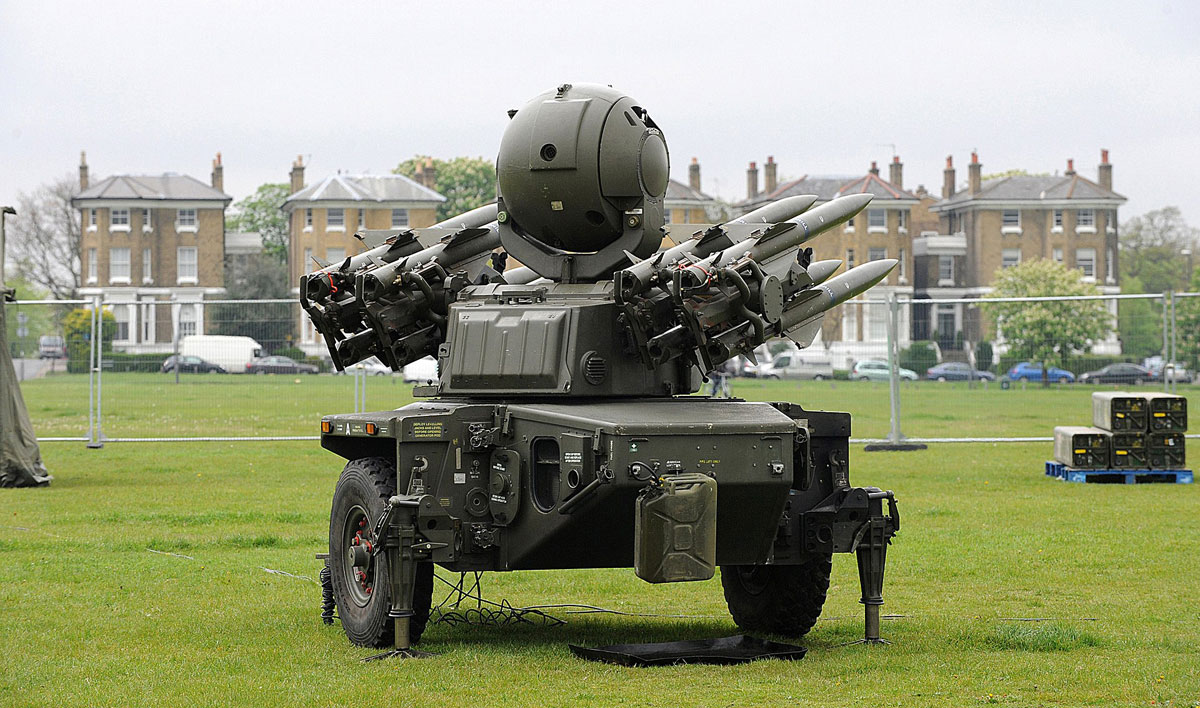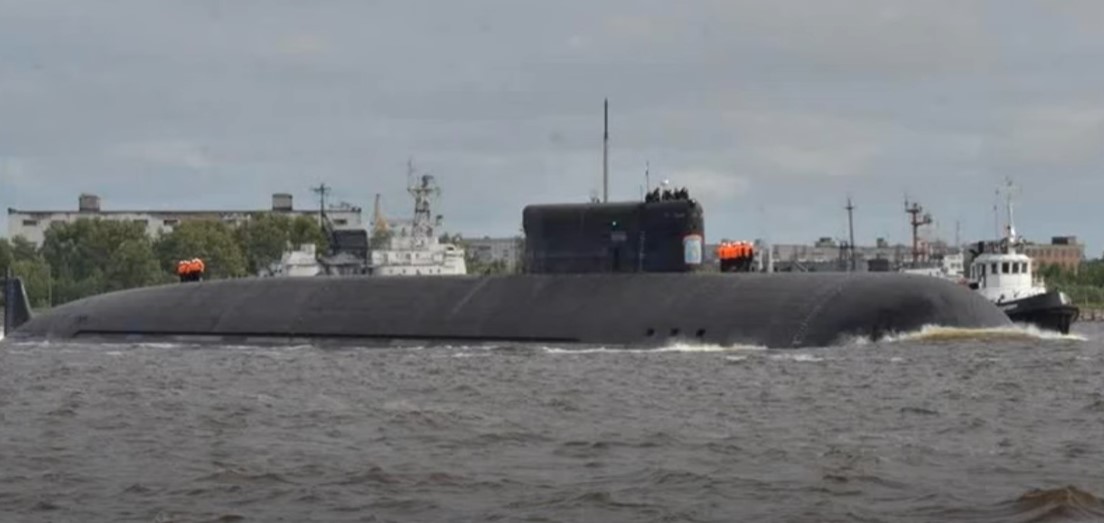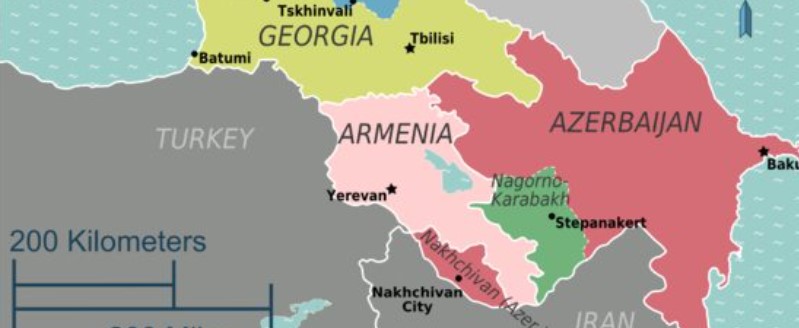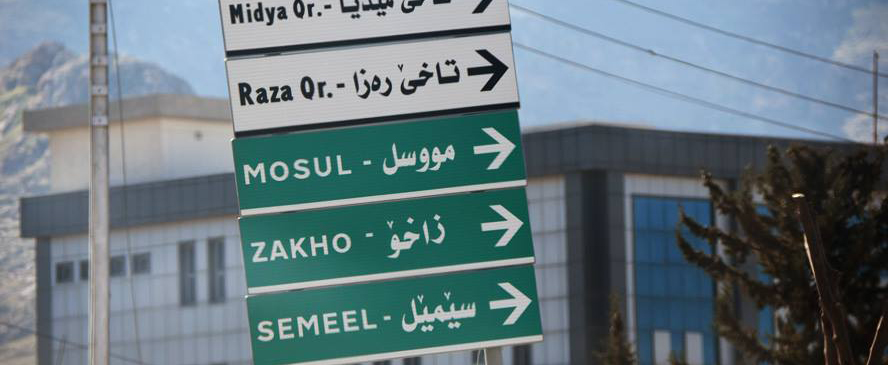Turkey on standby to take Mosul, foreign minister says
Turkish Foreign Minister Mevlut Cavusoglu said on Monday Turkish artillery fire has killed 17 Isis militants since the battle to drive them from the Iraqi city of Mosul began. He added that four Turkish F-16 fighter jets are on standby to take part in the operation.
Published: October 25, 2016, 12:07 pm
Speaking at a joint news conference with his visiting French counterpart, Cavusoglu also said Turkey will be more active in fighting the Kurdish PKK militant group in Iraq, Reuters reported.
American diplomats are scrambling to contain flaring tensions between Ankara and Baghdad after Turkish officials announced their troops Sunday shelled Islamic State positions near the Iraqi city of Mosul. Iraq’s joint operations command on Monday denied Turkey was participating in military operations to retake Mosul, Al Arabia said.
The dispute between Baghdad and Ankara over Turkey’s participation in Mosul has simmered for months, prompting Western alarm over yet another complication in the fight against Isis.
Turkey’s premier Erdogan has successfully reinjected, rather than rejected, Islamic elements into the country’s secular nationalist historical narrative, while also inviting scrutiny over his “neo-Ottomanism”.
A decade ago, as Foreign Policy argues, Erdogan’s enthusiasm for all things Ottoman appeared to be part of an effective strategy for improving relations with the Muslim Middle East, although some US critics saw it as a challenge to America’s role in the region.
In Syria and Iraq, Erdogan is now however aiming to achieve a long-standing goal, which is the defeat of the Kurdistan Workers’ Party (PKK) by leveraging of Turkish minorities in these neighboring countries.
The Washington Post reported that Erdogan denounced the Treaty of Lausanne which created the borders of modern Turkey earlier, and has expressed interest in the fate of Turkish minorities living beyond these borders, as well as its historic claims to the Iraqi city of Mosul, near which Turkey has a small military base.
The Sultan Murad Brigade, comprising predominantly ethnic Turkmens, has been one of Ankara’s military assets inside Syria against both Bashar al-Assad’s regime as well as the PKK.
Similarly Turkmen living around Mosul and its surrounding area has been an asset for Ankara in Iraq. Nick Danforth writes that Turkish special forces have worked with the Iraqi Turkmen Front since at least 2003 in order to expand Turkish influence and counter the PKK in northern Iraq.
Baghdad considers Turkey’s presence on its soil a violation of sovereignty and has appealed to the United Nations to compel Turkey to withdraw from Iraq. Haider al-Abadi, Iraq’s prime minister, has warned that the standoff risks “triggering a regional war.”
In recent developments, press reports including Deutsche Welle have confirmed the deployment of Turkey’s 50 B61 nuclear weapons out it Incirlik air force base. Turkey, a non-nuclear State, thus possesses a sizeable nuclear arsenal.
The US hopes Iranian influence on Iraq could drive Ankara’s fears so an independent breakaway Kurdistan Regional Government (KRG) would be proposed as a solution, according to an analyst in Washington.
“After its liberation, Mosul will become the theater – if it isn’t already – for the Turkish-Iranian regional competition for influence,” says Merve Tahiroglu, an analyst with the Foundation for the Defense of Democracies, a Washington-based think tank. But Tahirogu may be somewhat optimistic as the desire of all Islamists be it Iran or Turkey, is the undoing of the Sykes-Picot arrangement.
A Kurdish source told an Iraqi news agency July 18 that the United States has plans to set up five more bases in the region under an unconfirmed military deal with the Kurdistan Regional Government earlier this month.
Erdogan meanwhile has kept a tally of which countries ‘condemned the coup attempt in Turkey this year,’ ‘which kept silent,’ and ‘which waited to see which side prevailed first’ and then ‘condemned’.
Iran for example, did not wait for the coup’s failure to speak up. Foreign Minister Mohammad Javad Zarif voiced support for the government in Twitter messages in the early hours of the unrest. In a subsequent phone call, President Hassan Rouhani told Erdogan the coup attempt was “a test to identify your domestic and foreign friends and enemies”.
In contrast, Saudi King Salman bin Abdul-Aziz Al Saud, Turkey’s ally in Syria, congratulated Erdogan for suppressing the attempt, but only after it failed. By doing so, Saudi Arabia signed on as an enemy.
Saudi Arabia sees Iran as a Turkish ally, and as Tehran shared valuable intelligence with the Turkish authorities regarding an imminent military coup on July 15, this factor alone worked wonders for Turkish-Iranian ties.
Dozens of pro-Western Turkish diplomats have applied for asylum in Germany this week as tensions continue to mount.
Since the failed coup d’etat attempt in July, Germany has received 35 asylum applications from Turkish diplomatic passport holders, the Interior Ministry confirmed on Wednesday. At the start of October there were reports by a German media newspaper that Turkish diplomats had applied for asylum in Germany, although at that time the government only confirmed “at least three cases”.
The German daily Süddeutsche Zeitung (SZ) reports that spouses and children were among the 35 applications for asylum received by the Federal Office for Migration and Refugees (BAMF), bu there may be more as the Ministry says a “complete and closed figure” is not yet available.
On July 15th, sections of the Turkish military attempted to topple president Recep Tayyip Erdogan’s government. But within hours Turkish civilians responded to a call by Erdogan to resist the plotters by pouring into the streets.
According to the SZ six German citizens were held in Turkey after the coup. Although the persons in question had German nationality and not dual Turkish-German passports, they were prohibited from leaving by the Turkish government.
Since the failed attempt to dislodge the premier, tens of thousands of civil servants from the judiciary, education and the media have been either fired or detained. The government claims they are are sympathizers of the coup’s instigator, Fethullah Gülen, living in exile in the United States.
Turkey has also been accused of having thousands of informants in Germany.
Germany has a population of about 3 million people with Turkish roots, that means that each informant could be responsible for monitoring 500 people, which is a greater proportion than the Stasi had in West Germany, intelligence expert and author Erich Schmidt-Eenboom told The Local. In comparison, Schmidt-Eenboom explained, the Stasi had around 6 000 people per agent.
Amnesty International and Human Rights Watch have both complained about the conditions in Turkish prisons since the coup attempt, claiming suspects were tortured and raped in the days after the plot failed.
Turkey has also been hit by a series of deadly bombings this year, some of which have been blamed on the outlawed Kurdistan Workers Party (PKK), and some on Isis militants.
In August a suicide bomber killed at least 50 people in an attack on a wedding party in the southeastern city of Gaziantep.
Several people have reportedly been injured in an explosion which rocked the car park of a chamber of commerce building in the tourist resort of Antalya in southern Turkey on Tuesday.
All rights reserved. You have permission to quote freely from the articles provided that the source (www.freewestmedia.com) is given. Photos may not be used without our consent.
Consider donating to support our work
Help us to produce more articles like this. FreeWestMedia is depending on donations from our readers to keep going. With your help, we expose the mainstream fake news agenda.
Keep your language polite. Readers from many different countries visit and contribute to Free West Media and we must therefore obey the rules in, for example, Germany. Illegal content will be deleted.
If you have been approved to post comments without preview from FWM, you are responsible for violations of any law. This means that FWM may be forced to cooperate with authorities in a possible crime investigation.
If your comments are subject to preview by FWM, please be patient. We continually review comments but depending on the time of day it can take up to several hours before your comment is reviewed.
We reserve the right to delete comments that are offensive, contain slander or foul language, or are irrelevant to the discussion.

Swedish Weapon Takes Down Russia’s Best Attack Helicopter
The Russian attack helicopter Ka-52 is considered one of the world's best and has struck fear in Ukraine, where it has hunted down tanks and other armored vehicles, often beyond the range of many light anti-aircraft systems. However, it has met its match in the Swedish air defense missile system RBS 70, which has quickly led to significant losses for the Russian helicopter forces.

Switzerland destroys its weapons instead of giving them to Ukraine
Despite growing international pressure, Switzerland is instead destroying older air defense systems that it has decommissioned. The country claims that sending weapons to a warring party would violate its historical neutrality policy.

Food, energy, housing: True German inflation is 56 percent
BerlinPrices are skyrocketing and we are all getting poorer - everyone feels the price shock, but in statistics it shows up much smaller. Official inflation figures are around 10 percent. But many citizens notice in their everyday life: Prices are rising - in the supermarket, at the gas station - much faster.

Arms race in the deep: ‘Seabed Warfare’
An article published in issue 148 (July-August 2022) of the German military journal Deutschen Militärzeitschrift (DMZ), examined underwater warfare in the 21st century and its importance for geopolitical and security policy. Due to the current developments surrounding the acts of sabotage on the Baltic Sea pipelines Nord Stream 1 and 2, this article has gained unexpected prominence.

American Armenians call for an immediate end to Azeri aggression
Armenian Americans for Human Rights (AAHR), founded in the United States in 2018, issued a press release issued on the dire situation in Nagorno-Karabagh, strongly condemning the latest aggression by Azerbaijan against the Republic of Artsakh (Nagorno-Karabagh) and the Republic of Armenia.

Oil wars: Iran responds to British seizure of oil tanker
When the British military seized an Iranian oil tanker, its Marine commandos came on board the vessel by helicopter. Iran has now demonstrated that it can act on the same operational level as Britain, says a military analyst.

Visit to Syria: Will the refugees in Europe return?
SYRIASyria is now safe except for one province that remains to be liberated, and former refugees are needed to help rebuild the country. That was the message received by Mikael Jansson, Swedish Member of Parliament and candidate for nationalist Alternative for Sweden, when he visited Syria last week. Reporters from Free West Media were included in the official delegation and interviewed several political and religious leaders as well as returning refugees.

‘US may be wrong on number of Russian nuclear warheads’
US calculations of the number of nuclear warheads stored in Russia may be wrong by an order of thousands, said former Secretary of Defense William Perry. Washington does not have accurate information about it, he says.

Head of State removed in Lugansk – his team accused of collaboration with Ukraine
The Head of State of self-proclaimed Lugansk People’s Republic (LPR) Igor Plotnitsky (pictured) has been forced to resign. His duties have been taken over by Head of the State Security Bureau Leonid Pasechnik. On November 21, armored vehicles rolled into Lugansk at the order of the Ministry of Interior and secured key buildings, assisted by a contingent sent by the neighboring Donetsk People’s Republic (DPR). They proceeded in arresting associates of the Head of State Igor Plotnitsky, accusing them of being agents sent by Kiev. Free West Media's reporter was on site.







